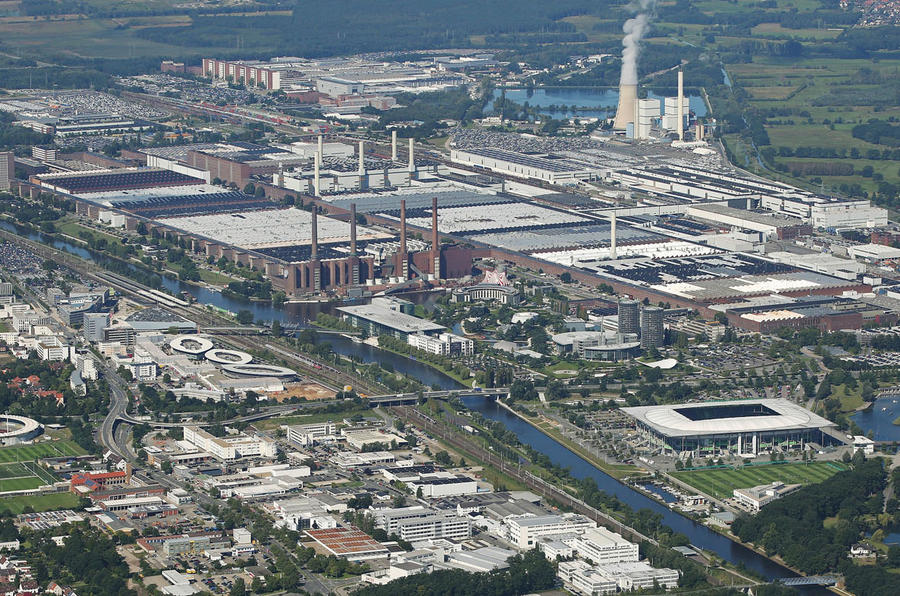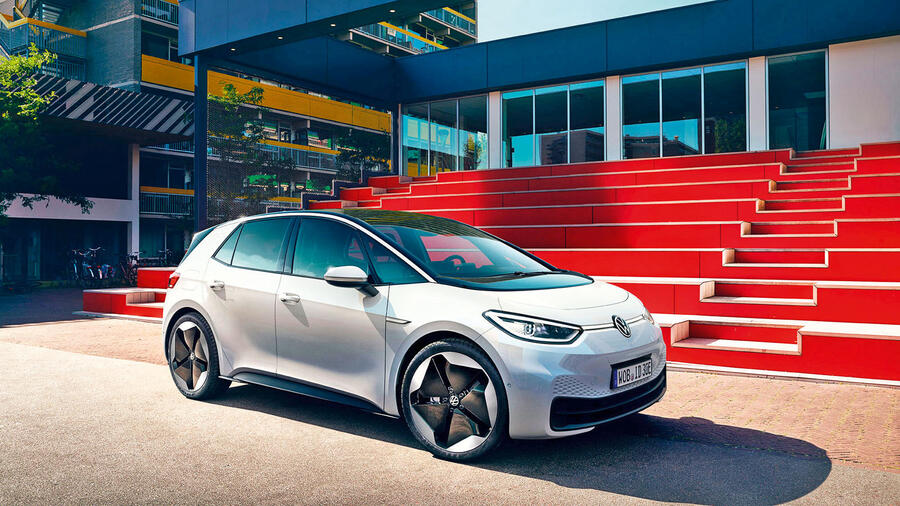Climate change has become an overarching global issue and the need to reduce CO2 emissions to halt global warming is now (largely) accepted as scientific fact. And there’s no escaping that the car industry is a major contributor to CO2 emissions. For example, the Volkswagen Group estimates that, through its operations and the cars it has made, it is responsible for around 1% of the world’s total carbon emissions.
It might sound audacious, even somewhat hypocritical, to hear industry bosses say they want to take the lead in cutting CO2 emissions. But that’s exactly what Volvo boss HÃ¥kan Samuelsson did at the recent launch of the XC40 Recharge, the firm’s first electric car.
“Despite decades of political climate summits and very bold emission targets, CO2 levels are still increasing,” said Samuelsson. “Something else is needed to turn this tide – and we believe the answer must be action from the business community.”
Similarly, Hyundai’s R&D chief, Albert Biermann, said recently: “The car industry needs to play a big role to find solutions to the issue of global warming. We want to be a big player on this planet, so we take it as our responsibility to come up with sustainable solutions.”
Undoubtedly, the current move to mass electrification by the car industry has been sparked primarily by increasingly tough emissions targets from the EU and other regulators. Those targets are largely a product of the 2016 Paris Agreement – signed by 195 nations – which aims to limit global warming to 1.5deg C above pre-industrial levels.
The EU has mandated tough average fleet emissions targets for car manufacturers, starting with a 95g/km limit in 2021. For car manufacturers to meet those goals, they are essentially forced to produce – and sell – electrified cars.
But the CO2 produced by a car’s powertrain is only part of the story. Volvo says that such emissions account for only 59% of a car’s total lifetime CO2 footprint. Another 36% come from CO2 produced in the manufacturing supply chain, with the remaining 5% due to operations such as distribution and servicing.
So, many car firms are aiming to go further, planning to cut CO2 emissions across the entire production chain. For example, Volvo wants to become a climate-neutral company by 2040. It has set a series of goals to achieve this, including a 40% reduction in each car’s life-cycle CO2 footprint by 2025, at which time it is aiming for its global manufacturing network to be climate neutral.
For example, Volvo has said it will use blockchain data-sharing technology to trace the source of the cobalt that suppliers CATL and LG Chem use in its lithium ion batteries to ensure the raw materials are sourced responsibly. It will also show buyers an average lifetime carbon footprint for each future model.













Join the debate
Add your comment
Whatever
Come off it. The car industry had been dragged screaming into paying heed to environmental issues and now it's trying to use them as a bit of PR puff. If it wasn't for legislation and Elon Musk, they'd still be trying to persuade everyone to climb board gas guzzling SUVs ... oh they are, aren't they, and very successfully.
The problem as always is: you're only asking car brands!
What all you unimaginative, inside-the-car-box thinking journalists and the SMMT don't realize: there's a HUGE chance for the UK auto industry in greening personal mobility. Better still, a Next-Gen EV can make a Tesla look completely "been there-done that"...
Another way of
looking at this question is that the planet does not care whether humans inhabit it or not, according to science humans have only been here a short while. If the Earth formed at midnight and the present moment is the next midnight, 24 hours later, modern humans have been around since 11:59:59pm—1 second...like the terminator film stated "in a panic they tried to pull the plug"...it'll be too late by then. We have Venus as an example of what the planet Earth itself has to look forward to.